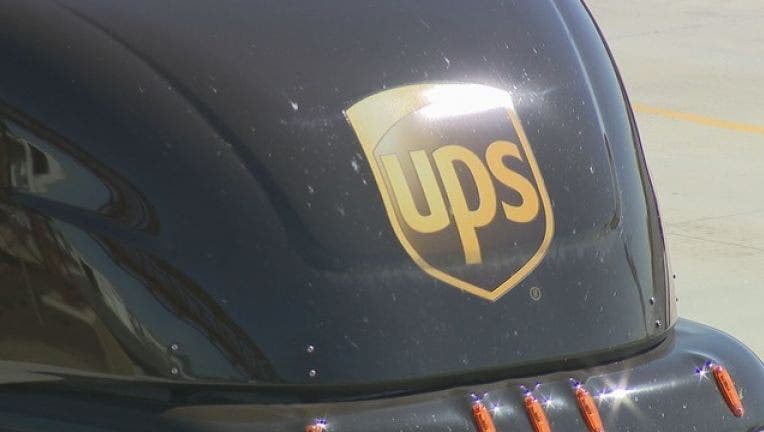UPS deftly navigates shipping surge, hit by pension charge

ATLANTA - Shares of United Parcel Service Inc. slumped Thursday after the package-delivery company gave a cautious outlook for 2020 as it invests more in its network to speed up deliveries.
UPS reported a fourth-quarter loss of $106 million, but after stripping out a charge related to pensions, the adjusted profit matched Wall Street expectations.
However, the Atlanta-based company predicted first-quarter profit would be about the same as a year ago, and it estimated full-year 2020 earnings of $7.76 to $8.06 per share. The middle of that range fell well short of Wall Street expectations for $8.03 per share.
UPS blamed the soft outlook on an expected decline in U.S. industry and global economic weakness.
The company’s stock fell 6.7% to close at $108.
Citi analyst Christian Wetherbee said the fourth-quarter results were good for a peak season, but there were negatives in the report.
“We understand the pressure on the stock,” Wetherbee said in a note to clients. He said another year of earnings per share growth in the low- to mid-single digits “seems to be e-commerce’s new reality and is not all that exciting.”
Company executives outlined their strategy for growth during a call with analysts. UPS is continuing to invest in automation at sorting facilities, it is expanding weekend deliveries to seven days a week to make online shoppers happy, and it will boost spending designed to attract small-business customers by shortening delivery times.
Those moves, however, come at a price. UPS executives said they will reduce full-year earnings by 33 cents per share, but they will pay off in the long run, adding to earnings in 2021.
“It’s about competitiveness. It’s about pricing power,” said Chairman and CEO David Abney on a call with analysts. “When you have a much faster network you don’t have to discount as much ... (and) we’re going to get additional business.”
UPS is increasing its reliance on Amazon, its largest customer. Amazon accounted for nearly 12% of UPS revenue last year, after rival FedEx broke ties to Amazon last summer. Some analysts expected a bigger bounce. Wetherbee said Amazon shipments appear to be less lucrative than UPS’ other business.
The fourth-quarter loss compared to profit of $453 million in the same period a year earlier. Excluding a $1.8 billion pension-related charge and other items, adjusted earnings came to $2.11 per share, meeting the expectations of analysts surveyed by FactSet.
Revenue rose 3.6% to $20.57, which was $100 million less than analysts expected.
UPS continues to see an increase in express shipments, much of it tied to online shopping. Its volume of next-day air packages in the U.S. jumped nearly 26%, playing an outsized role in total volume growth of nearly 9%.
The company delivered more than 1.6 billion packages in the fourth quarter and set a record for deliveries to residential addresses.

